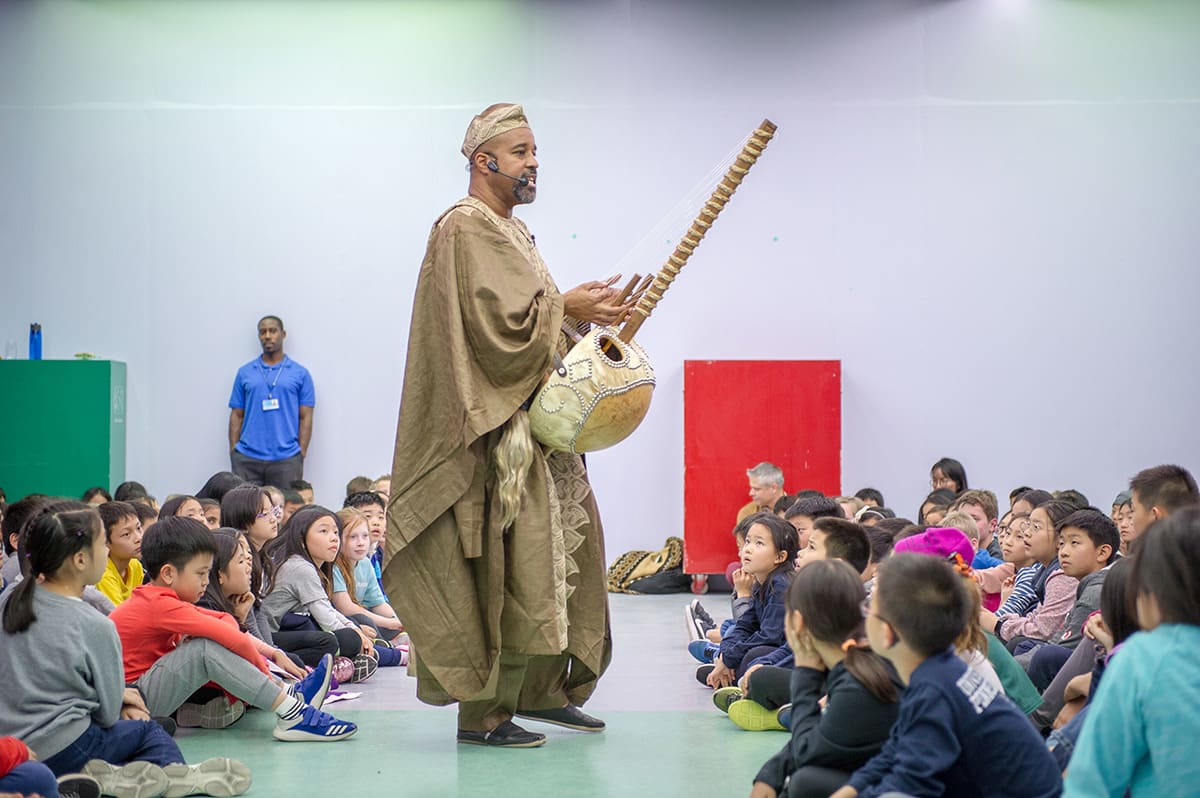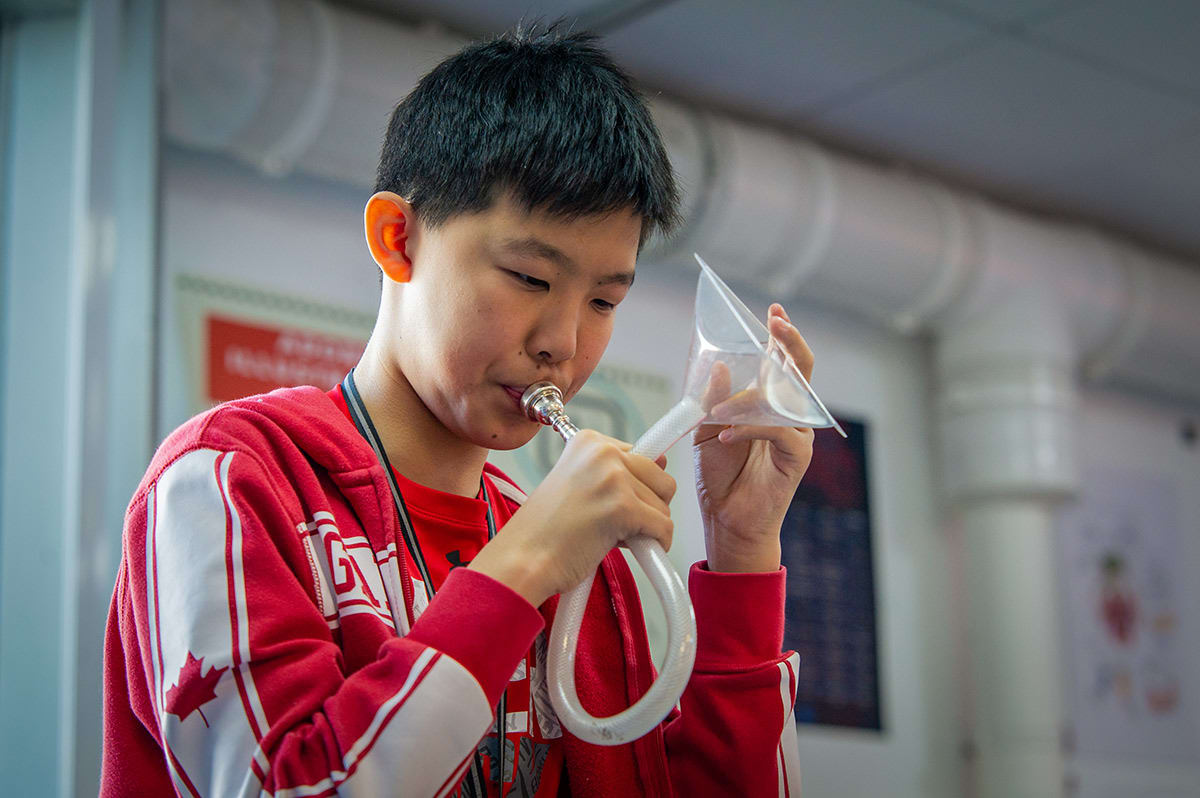How ISB’s younger students make and learn from music
By Jessica Thompson, Newswire
“Participation in performing arts programs is related to various positive personal and academic outcomes, improving child development as a whole, enhancing cognitive, motor and social skills,” according to David Murphey, director of the Child Trends DataBank.
Enhancing the overall performance of students is just one of the reasons the International School of Beijing (ISB) is committed to teaching music.
ISB has philosophy statements for each of its main programs. The statement for the music program reads, “The Performing Arts Department fosters an understanding of the world by facilitating a lifelong love of the arts. Each discipline of the performing arts engages the intellectual, physical, and emotional aspects of a child to promote creativity, self-expression, collaboration, multicultural awareness, interdisciplinary study, and critical thinking.”
Skye Sanford, Curriculum Area Leader and Team Facilitator for Performing Arts in ISB’s Elementary School, is passionate about the work the school is doing with students.
“Elementary music is an active, creative, and joyful experience for all students to learn and make music together,” Ms. Sanford said. “All children in Kindergarten to Grade 5 attend music classes twice in a six-day rotation for 40 minutes where they sing, play instruments, move, and learn to read and write music.”

National Core Art Standards
Originating in the U.S., the National Core Art Standards (NCAS) adopted by ISB allow the school to create a unified arts curriculum between disciplines.
“I love the NCAS approach through the strands of Create, Perform, and Respond – with the Connect strand embedded in all three,” Ms. Sanford said. “It provides a format for a more balanced music education of active music-making that includes creating music, performing music, and learning how to respond to and evaluate music.”
According to Ms. Sanford, this curriculum works because it focuses on the learning process, development of skills, and creative opportunities, rather than solely focusing on the end result.
The NCAS is a popular choice for music at many international schools.

Child-centred approach to learning helps students succeed
At ISB, teachers focus on strengthening students’ intellectual, physical, and emotional well-being. Music plays a big part in this, and the “lifelong love of the arts” targeted in the music philosophy statement is important.
According to Ms. Sanford, music is a form of human expression and a unique way to experience the world. “When participating in a larger ensemble, whether it’s in High School band or Kindergarten music, the students learn to cooperate, develop skills, engage in critical thinking, develop a sense of belonging and become part of something greater than themselves.”
And she has experienced countless moments where students recognized the power of music.
When it comes to Ms. Sanford’s ultimate goal with her students, she described her passion for making sure they have fun, learn to be creative, and to express themselves.
“If children leave the room having joyfully made music and learned through making mistakes, they are ready to return and dig deeper.”
ISB is an extraordinary school, made so by a tradition of educational excellence spanning 45 years. Establishing, nurturing, and growing such an exceptional learning community has been and remains intentional; we work hard to build strong relationships so our learning is at its best.
